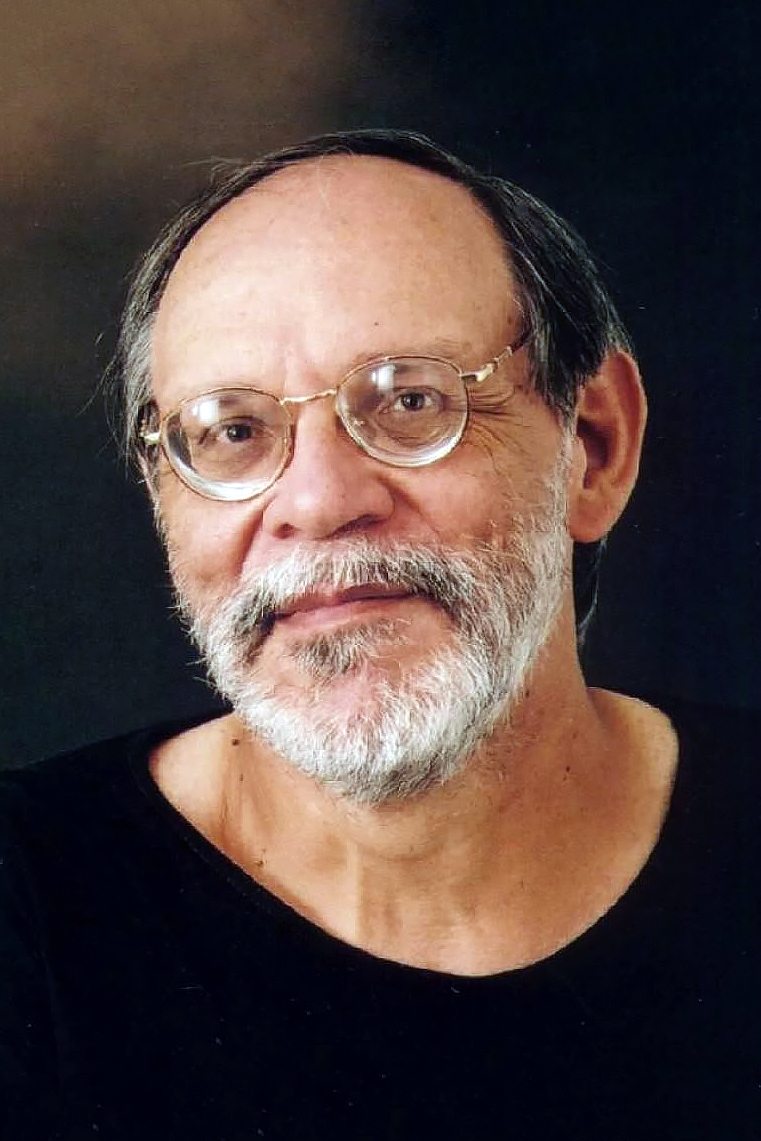

Carlos Oscar Reichenbach Filho (14 June 1945 – 14 June 2012) was a Brazilian filmmaker. Born in Porto Alegre, Reichenbach was one year of age when he went to live in São Paulo. He studied in the School of Cinema São Luiz under Luis Sérgio Person. With João Callegaro and Antonio Lima he made his first feature-length films, the anthologies "As Libertinas" (1968) and "Audácia, a fúria dos desejos" (1969). His final film was "Start a History" in 2011.
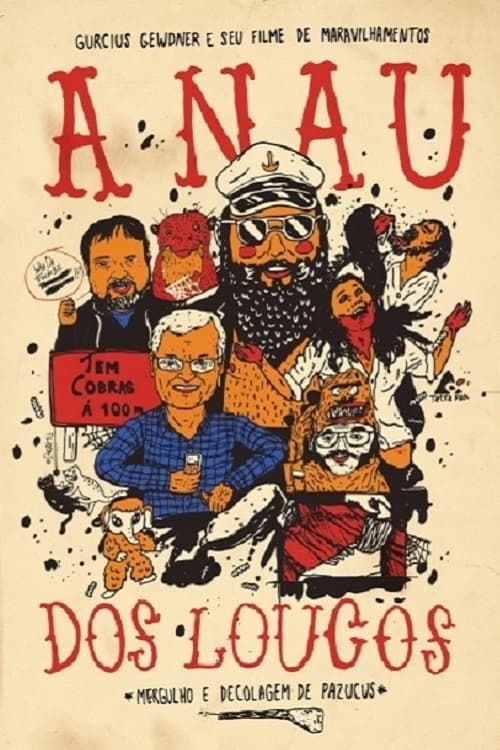
With free eyes, an open heart, good friends and a...

An authentically marginal cinema created in Catholic university in Brazil....
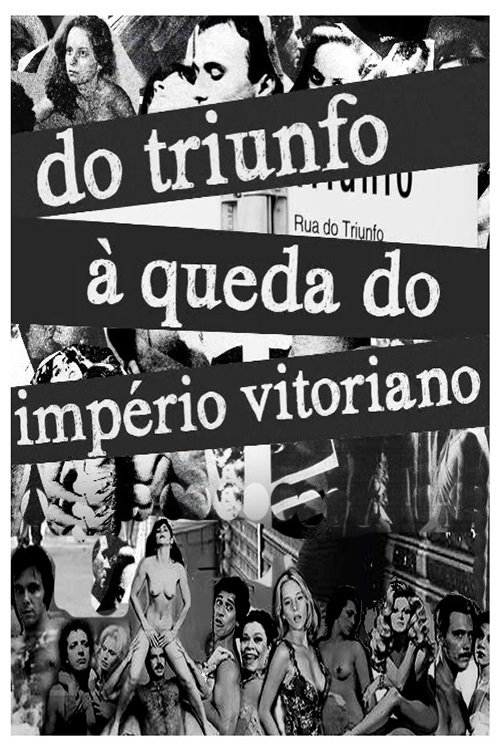
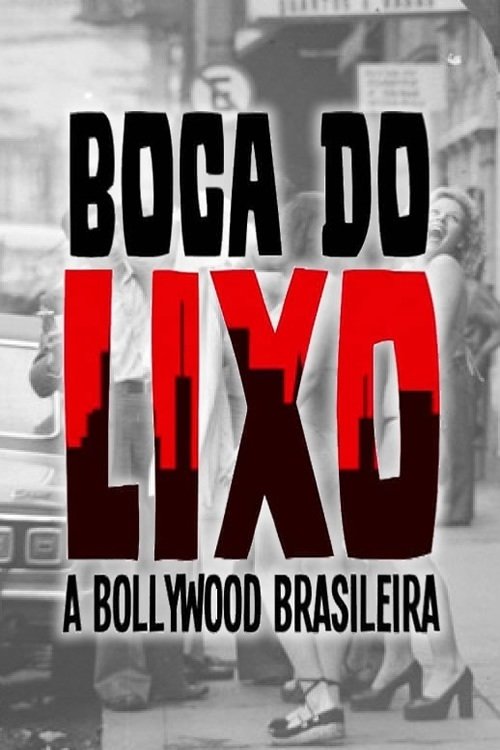
A documentary on Boca do Lixo, a dowtown São Paulo...
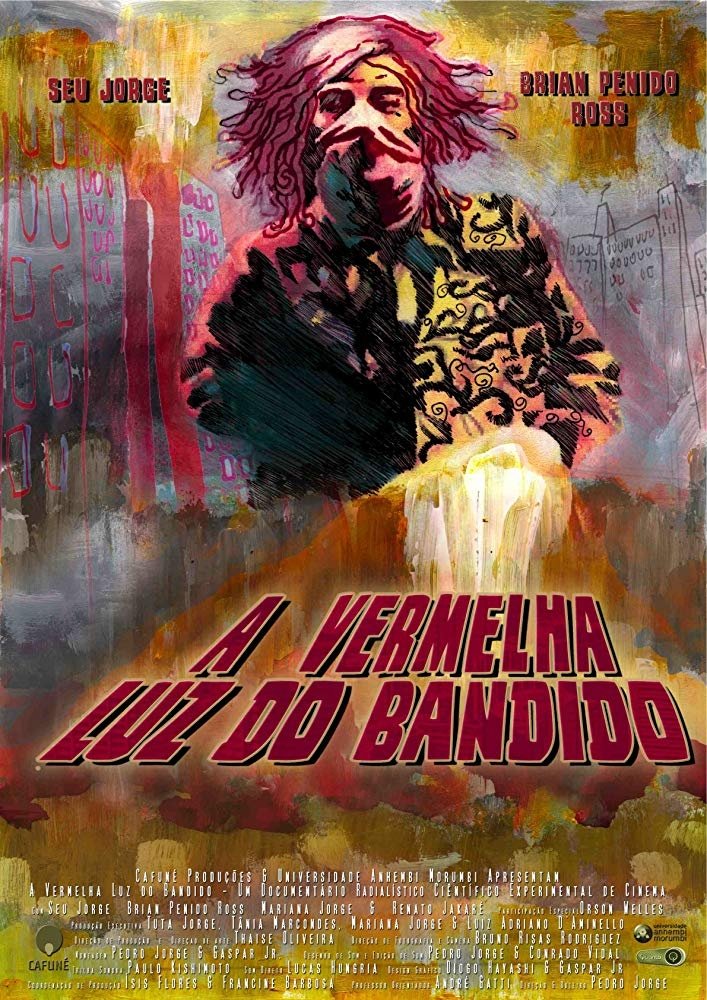
Experimental documentary short that debates over Rogério Sganzerla's Brazilian cult...
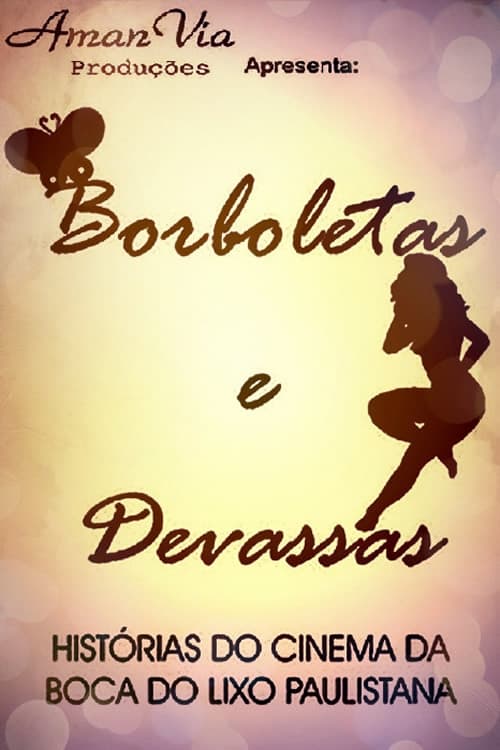
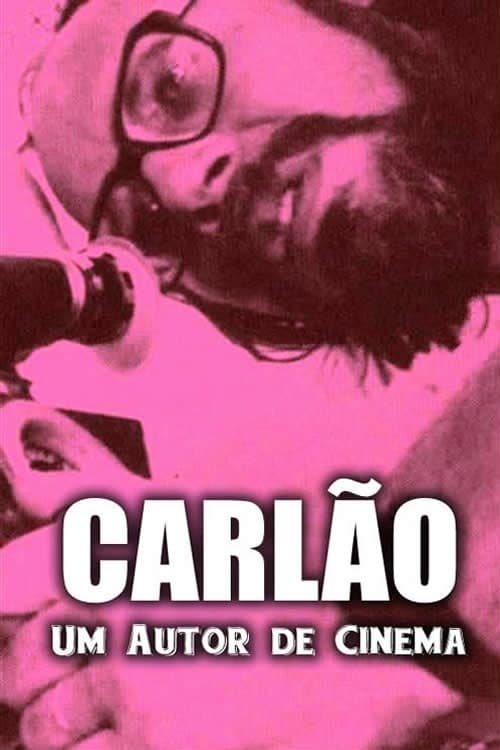
A short film on Brazilian filmmaker Carlos Reichenbach and his...